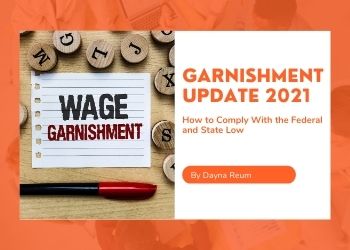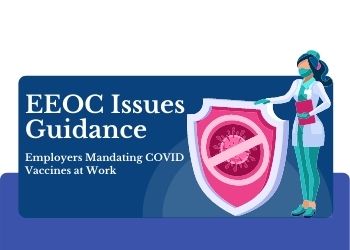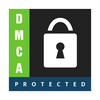RECORDED TRAINING COURSE
The Fair Labor Standards Act (FLSA), commonly referred to as the Wage and Hour Act, was passed in 1938 and has been amended many times since then. Every employee who is covered under the FLSA must receive the overtime pay. The major provisions of the FLSA are concerned with minimum wage rates and overtime payments, child labor, and equal rights. The US Department of Labor, Wage & Hour Division, oversees federal labor laws. Additionally, State DOLs administer state labor laws. Failure to comply with Wage & Hour laws may result in the employer paying the employee back wages, damages, penalties, attorney fees, and court costs, plus the prospect of civil and criminal penalties from federal and/or state governments. If in any case, the State minimum wage is above the federal wage. In that case, state must follow its own rule. Then, employees are entitled to have the maximum advantages. Therefore, Wage & Hour compliance is of the utmost importance. Also, the DOL’s new overtime has already in place, it would affect employers especially when it comes to their employee classification. Because it would compel employers to reconsider the overtime exemption under the Fair Labor Standards Act. As per the DOL rule, the authority will increase the threshold every three years based on the wage data.
SESSION HIGHLIGHTS:
What is the Fair Labor Standards Act?
DOL Rules and the Challenges it face.
– Changes to salary levels in 2024 (Overtime thresholds)
– DOL’s final ruling on independent contractor classification effective 3/11/2024
– Federal & State minimum wage proposals– Tests used to determine if an employee is exempt from Fair Labor Standards Act
– Importance of determining the primary duty of a job
– The six FLSA exemptions
– Exempt vs. Non-Exempt status
– Salary Level and Salary Basis tests
– Determining when to pay overtime
– Calculating FLSA overtime pay
– Minimum wage provisions under FLSA
– Equal pay provisions under FLSA
– Child labor regulations
– Recordkeeping requirements
– Repercussions of FLSA non-compliance
Why You Should Attend:
This training will lay the groundwork for determining whether your employees are properly classified as Exempt or Non-exempt and ensuring that wage and hour laws are being followed properly. Because, FLSA Overtime pay need to be counted correctly. And, while counting the it’s necessary to overtime time, always keep in mind the state minimum wage. Additionally, recent changes to the overtime thresholds will be discussed as these changes will take effect on July 1, 2024.
Join us to learn about the changes to salary levels in 2024. We will also discuss the DOL’s final ruling on independent contractor classification becoming effective from 3/11/2024. Federal & State minimum wage proposals will also be explained. Margie will also touch on the subject such as how your organization can prepare for this DOL’s new rule update. And, what you need to consider while classifying your employees under Fair Labor Standards Act.
Who Should Attend:
- Human Resources Professionals
- Compensation Professionals
- Compliance professionals
- Managers
- Supervisors
- Employees
Note: You will get access to the Recording link and E-Transcript; in your account and at your registered email address.









